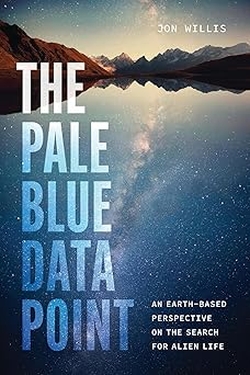Centauri Dreams often uses planetary peril as one good reason for expansion into the universe. As the human species spreads out onto multiple worlds, the chances of survival continue to increase even if our planet meets catastrophe in the form of a rogue asteroid or comet. But another good reason is the need for exploration that seems to be hard-wired into our nature, in which case interstellar expansion becomes more or less inevitable if we can solve the technological riddles it involves. Do humans really have an innate drive for exploration, and if so, how does it operate?
References for the notion are numerous, but a new study out of University College London gives a highly analytical look at what may be going on. Nathaniel Daw and John O’Doherty argue that pushing into the unknown involves a different part of the brain than staying on familiar territory. By analyzing how the brain works while people gamble, they show that what exploration demands is an overriding of the desire for immediate profit. Exploration, in other words, calls for long-term thinking, and a willingness to put aside present pleasure for a more uncertain future goal.
Daw refers to the two poles of this behavior as ‘exploring’ and ‘exploiting,’ and sees a continuing balancing act occurring between the two. “Most people switch between exploring and exploiting seamlessly,” says the scientist, “and this has always made it hard to distinguish between someone who is doing something they know will offer the highest pay-out and a person who is testing out new options. By using some of the systems used to program robots to learn and make decisions, we have now found which areas of the brain are responsible for these different behaviours.”
The paper outlining Daw and O’Doherty’s work, which involves a comparison of human and robotic behavior and the use of MRI scans to measure brain activity, is “Cortical substrates for exploratory decisions in humans,” Nature 441 (15 June 2006), pp. 876-879, abstract available here. But for a much broader analysis of the question, see Charles Pasternak’s all too unheralded Quest: The Essence of Humanity (New York: John Wiley & Sons, 2003). Pasternak believes that quest, the need for physical and intellectual seeking, is what distinguishes humans from all other species. Centauri Dreams, reading Daw, Pasternak and others on the subject, suspects that exploration is an imperative that even the most inward-turning era cannot stifle. Long-term thinking trumps the immediate no matter how long it takes. Make no mistake, we are going to the stars whether that journey departs a hundred, a thousand or ten thousand years from now.

